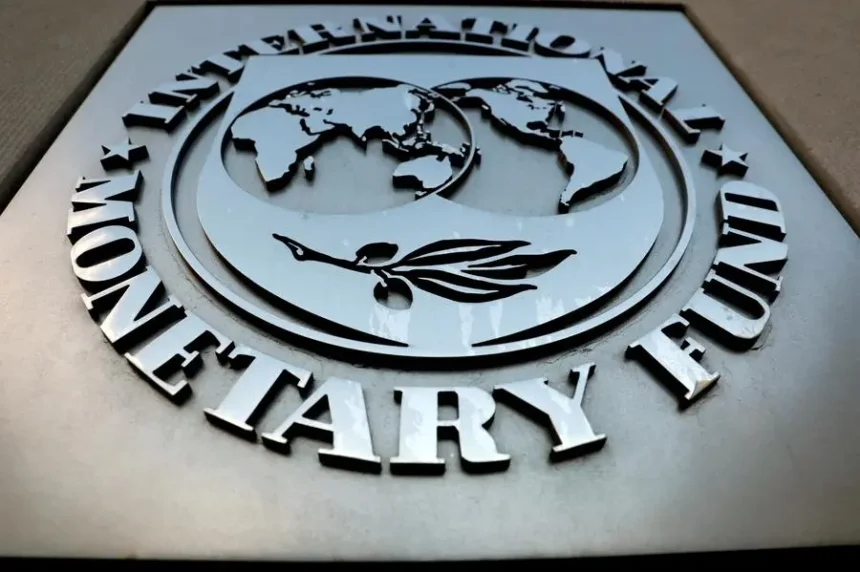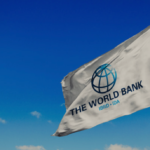The Minister of Information and National Orientation, Mohammed Idris, has confirmed that the Federal Government has fully repaid the $3.4 billion loan it received from the International Monetary Fund (IMF) during the COVID-19 pandemic.
The minister made the announcement while briefing State House correspondents on Monday after the Federal Executive Council meeting in Abuja.
“President Tinubu believes that the government is a continuum. In line with that philosophy, he gave clear instructions that Nigeria must exit the IMF facility. I am pleased to report that the $3.4bn debt has now been paid in full,” Idris said.
Idris also addressed the scepticism that trailed the announcement in some quarters, “Some have expressed doubt about this, but I can confirm that the payment has been made in full.”
- Advertisement -
Nigeria secured the loan in April 2020. The funds were critical in helping Nigeria manage the economic fallout from the pandemic, especially given the sharp decline in global oil prices.
Data from the Debt Management Office shows Nigeria honoured a timetable of eight equal quarterly repayments to be completed within five years.
On April 30, 2025, the IMF confirmed that Nigeria had “fully repaid the financial support”—one quarter ahead of the final maturity date, marking the country’s first complete clearance of a multilateral emergency loan.
Despite clearing the principal debt, Nigeria will continue to pay annual Special Drawing Rights (SDR) charges of approximately $30 million. These charges are service fees linked to the IMF loan facilities, even after repayment of the main loan amount.
Meanwhile, the repayment has sparked renewed calls for transparency over how the IMF loan was utilized. Femi Falana urged Nigeria’s anti-corruption agencies to investigate alleged misuse of the funds and also appealed to the IMF to suspend further charges until a thorough probe is conducted.
- Advertisement -
Nonetheless, the government sees the loan repayment as a major milestone. It reflects Nigeria’s commitment to fiscal discipline and improving its credibility on the global economic stage.








